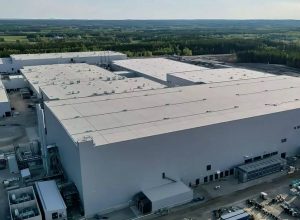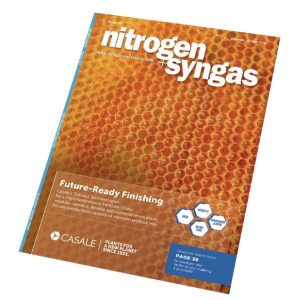Lyten, a global leader in lithium-sulphur batteries has entered into a binding agreement to acquire Northvolt’s assets in Sweden and Germany. The acquisition includes Northvolt Ett and, Northvolt Labs in Sweden and Northvolt Drei in Germany. Additionally, Lyten is acquiring all remaining Northvolt intellectual property. The financial terms of the agreement were not disclosed. In total, Lyten’s acquisition includes assets valued at approximately $5 billion, including 16 GWh of existing battery manufacturing capacity, more than 15 GWh of capacity under construction, the infrastructure and plans to scale to more than 100 GWh, and the largest and most advanced battery R&D centre in Europe.









